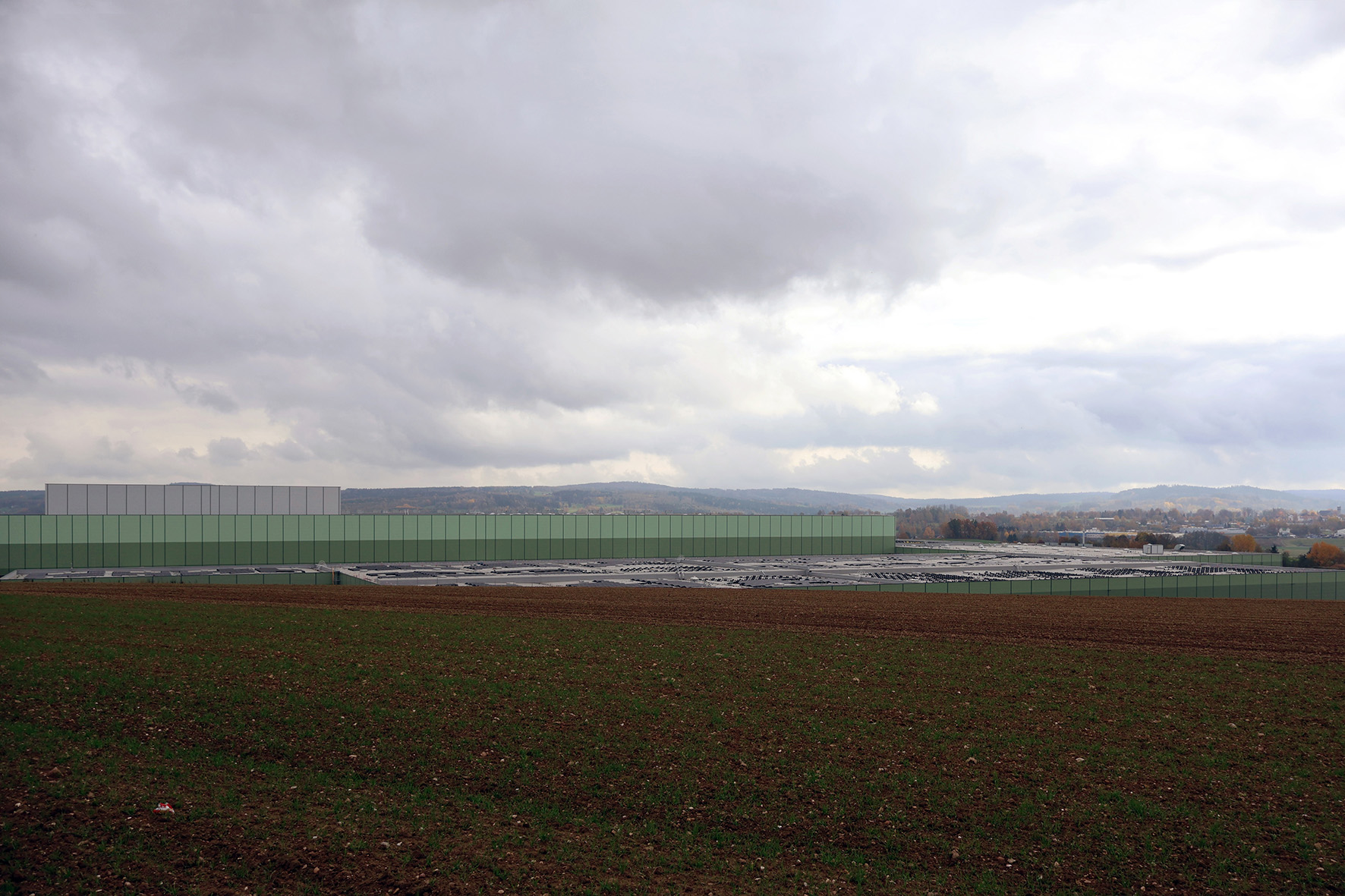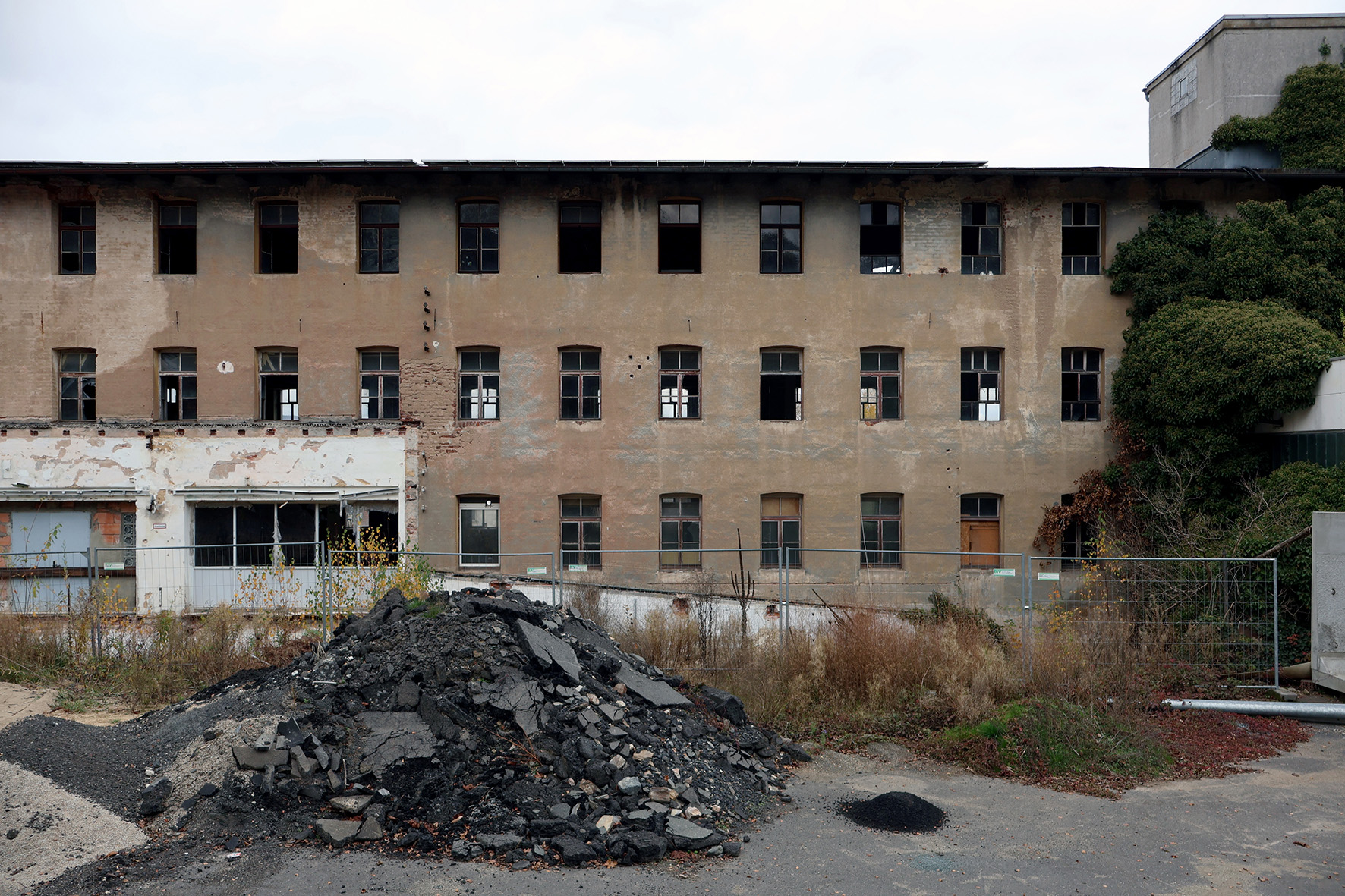Christoph Lenhart
Supervisor
Abstract
Bavaria Marvelosa
Tradition, Tech, Trash and Tales
The countryside is changing. Often overlooked in architectural research in favour of urbanisation, it is now being re-evaluated as a space with social, economic and cultural potential. This dissertation explores the evolving nature of rural areas using Bavaria as a case study. It aims to identify the spatial, historical and aesthetic forces shaping the contemporary countryside, and to develop alternative visions for its future.
Historically rooted in agrarian traditions and shaped by a strong peasant class, Bavaria is now deeply integrated into global economic systems, centred around Munich. While the city thrives as a hub of innovation and capital, peripheral regions face mounting pressures in the form of population decline, fragmented local economies and growing reliance on urban centres. These post-urban dynamics manifest as decentralisation, transient living patterns and increasingly blurred urban–rural boundaries. Disparities in income, political orientation and land value reveal a growing divide between areas adjacent to urban centres and more remote regions.
This thesis takes a multidisciplinary approach, combining architectural research with political theory, critical geography and historical analysis to address these tensions. A key conceptual lens is the notion of the 'eerie' – a term traditionally used to describe representations of the countryside in Romantic-era art and literature – which is reinterpreted here as a means of identifying systemic absences and structural contradictions in rural development.
Drawing on archival material, spatial analysis and ethnographic observation, the study moves beyond romanticised or utilitarian framings of the countryside, exploring speculative, contextually grounded models for rural living and offering a means to reconsider possible futures.
Bio
Christoph is an architect from Munich. He graduated from the Architectural Association in London and has gained professional experience in both Germany and Japan. In addition to his practice, Christoph has held teaching positions at the Academy of Fine Arts in Düsseldorf and the University of Applied Sciences in Regensburg. He has also been invited to contribute as a juror, workshop leader, and visiting critic at the AA,London Metropolitan University and the University of Stuttgart.
He is a registered member of the Bavarian Chamber of Architects.



